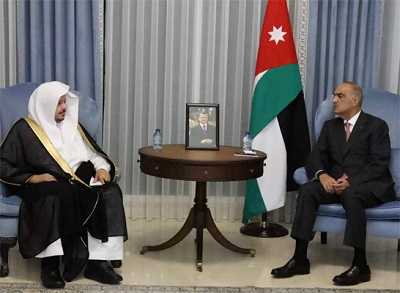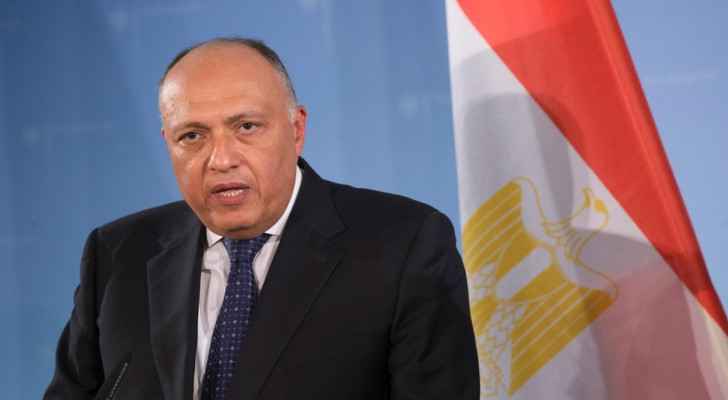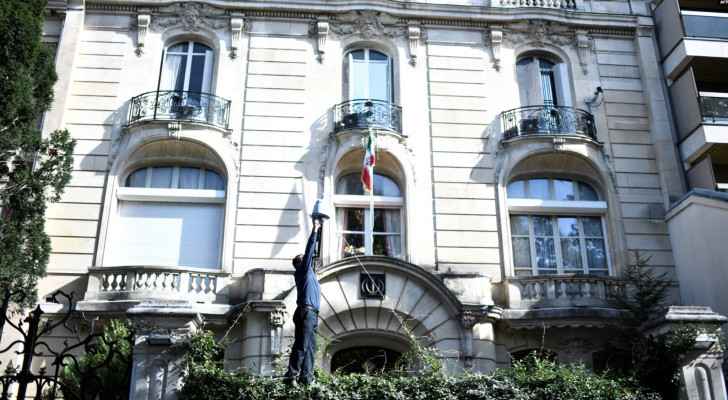Measures taken by the four countries, which decided to confront Qatar, are highly likely to succeed no matter how much Doha’s government resists. The political meetings held in New York this week will shed light on the crisis and its path.
If Qatar accepts to make the required concessions, it will succeed in ending all these pressures against it. However, if it seeks to compromise by accepting some conditions and stalling others, the crisis will prolong till next year.
The entire world benefits from confronting Qatar. Qatar is a small country with massive financial surpluses and a huge desire to create chaos in the region and across the world, and it has actually caused a lot of destruction.
The Middle East has almost gotten rid of all regimes that fund and mobilize chaos, except two, Qatar and Iran. By ending the Qatari role, problems will decrease and religious extremist groups will lose power. Iran will thus be alone.
Qatar has been responsible for chaos, extremism and even partially terrorism, for over two decades. No one confronted it at the beginning as they underestimated it and its influence. Its role eventually grew and it began to fuel more crises and hid behind alliances. The four boycotting countries that are capable of confronting it coming together overturned the table and besieged Qatar itself.
Qatar is a dangerous country when not monitored. It has a surplus of oil and gas revenues, which it can use to fund extremist organizations across the world and work to topple regimes that oppose it. This makes Saudi Arabia, Egypt, Bahrain and the UAE adamant to end Qatar’s practices and confront its policies.
Significance and interests
Most countries which are asked to choose between the four boycotting countries and Qatar choose the former considering their influence, significance and interests. Prior to the meetings held on the sidelines of the UN General Assembly’s session, Qatar sought to convince superpowers to support it against the four boycotting countries but it actually failed. Germany’s chancellor advised Qatar’s Emir to negotiate with the four countries, i.e. he has to make concessions.
This week is decisive for the Qataris as they are trying to convince the US to mediate again and seal an “appropriate” political deal with the anti-terror quartet. Qatar’s command may not succeed due to what it did last time when Trump mediated based on an initiative by Kuwait’s Emir. It was due to Qatar’s Emir that these efforts failed less than an hour after the White House announced its mediation.
Why does Qatar request mediations and then thwart them? It is because Qatar is ruled by two men: Emir Tamim, who approves decisions but does not have the authority to execute them, and his father, the former emir, and the latter’s former foreign minister, who still controls state institutions.
ALSO READ: Qatar enters Turkey-EU fray to ‘resolve’ crisis with GCC?
If paving the way to reach a solution does not happen in these two weeks, the crisis may prolong for a year or even two years, and as Saudi Foreign Minister Adel al-Jubeir put it, the Arab quartet has nothing to lose from boycotting Qatar.
Doha however has a lot to lose as it cannot live with all these pressures. Although the country’s port and airport are open, Qatar’s authorities feel suffocated due to this boycott.
Pressures are not limited to closing the only land border crossing with Saudi Arabia as Doha is also being pursued by regional and international institutions. With the passage of time, the Qataris and foreigners will begin to realize that if the crisis is not resolved soon, it will prolong and weaken the state.
Latest News
 Dubai reels from floods chaos after record rains
Dubai reels from floods chaos after record rains Khasawneh, Saudi Shura Council speaker discuss bilateral ties, regional developments
Khasawneh, Saudi Shura Council speaker discuss bilateral ties, regional developments Egyptian Foreign Minister condemns potential Palestinian displacement as 'war crime'
Egyptian Foreign Minister condemns potential Palestinian displacement as 'war crime' Travelers from Jordan advised to confirm flights amid Gulf weather turmoil
Travelers from Jordan advised to confirm flights amid Gulf weather turmoil France summons Iranian ambassador over strikes against “Israel”
France summons Iranian ambassador over strikes against “Israel”
Most Read Articles
- Dubai reels from floods chaos after record rains
- King, Bahrain monarch stress need to maintain Arab coordination
- Security Council to vote Thursday on Palestinian state UN membership
- Khasawneh, Saudi Shura Council speaker discuss bilateral ties, regional developments
- Hizbollah says struck Israel base in retaliation for fighters' killing
- Jordan will take down any projectiles threatening its people, sovereignty — Safadi
- Tesla asks shareholders to reapprove huge Musk pay deal
- The mystery of US interest rates - By The mystery of US interest rates, The Jordan Times
- Princess Basma checks on patients receiving treatments
- Knights of Change launches nationwide blood donation campaign for Gaza